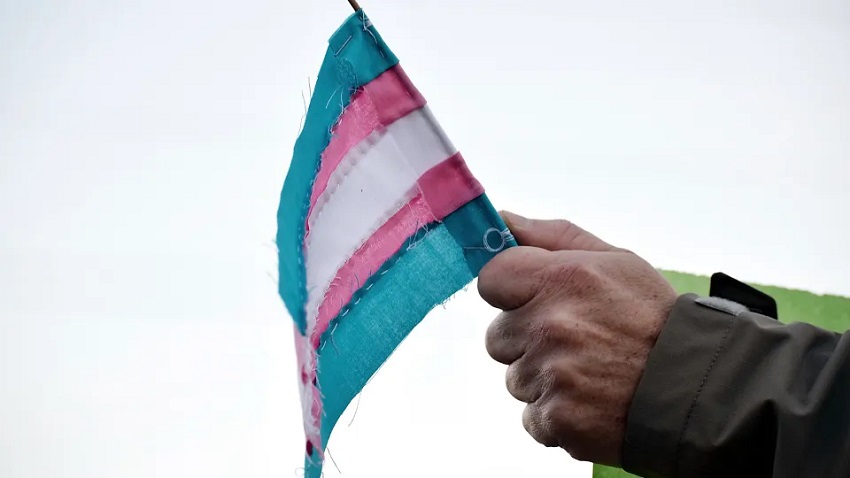Bismarck, ND – A judge in North Dakota has ruled in favor of allowing a lawsuit challenging the state’s ban on gender-affirming care for transgender and nonbinary youth to move forward. The decision marks a significant victory for the plaintiffs, who are three young transgender North Dakotans, along with their families and a doctor, who argue that the ban violates their constitutional rights.
The case, T.D. v. Wrigley, will go to trial on January 27, where the plaintiffs will present their case against the law that criminalizes the provision of hormone therapy and puberty blockers to transgender minors. The state’s ban, enacted in April 2023, has been a point of contention, with the law imposing penalties of up to 360 days in jail and $3,000 in fines for healthcare providers who offer these treatments.
In a prior ruling, the court determined that transgender youth who had already begun receiving gender-affirming care before the law was passed could continue their treatment. The upcoming trial, however, will focus on those young people who were not receiving care before the ban’s enactment.
Brittany Stewart, senior staff attorney at Gender Justice and lead counsel for the plaintiffs, expressed confidence that the trial would highlight the unconstitutionality and harm caused by the law. “The young people and families across North Dakota harmed by this law deserve their day in court, and they will get it,” Stewart said. “We’re confident that once the overwhelming evidence of this law’s cruelty and unconstitutionality is presented, the court will vindicate the rights of all North Dakotans, including young transgender people, to access the healthcare they need.”
The plaintiffs are challenging a law that has drawn criticism from major medical organizations, including the American Academy of Pediatrics and the American Medical Association (AMA). These organizations advocate for age-appropriate gender-affirming care, citing studies that show such treatments can significantly reduce depression, lower self-harm and suicide risks, and improve the overall well-being of transgender youth.
The law’s opponents argue that it unnecessarily interferes with medical decisions and denies transgender youth access to evidence-based care. Tanya Pellegrini, senior counsel at the Lawyering Project, which is also representing the plaintiffs, emphasized the personal and medical nature of the issue. “Politicians have no place in deeply personal health care decisions, and we are pleased our challenge is going to trial,” Pellegrini said. “North Dakota has no business banning science-based health care, and we are proud to continue to stand with these bold, brave families.”
As the trial approaches, the case could have far-reaching implications for the future of gender-affirming care for minors, not only in North Dakota but also in other states considering similar legislation. Advocates for transgender rights are closely watching the legal proceedings, hopeful that a ruling in favor of the plaintiffs could help protect access to critical healthcare for young people across the country.


